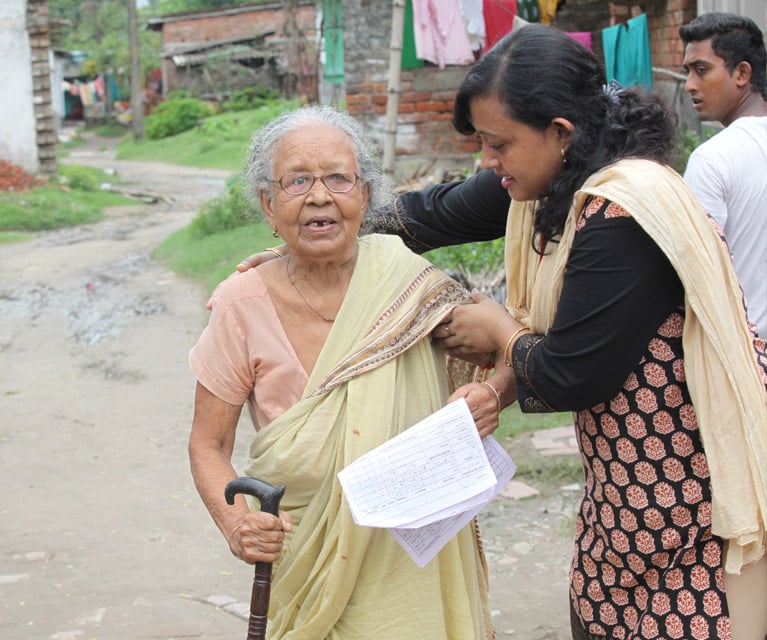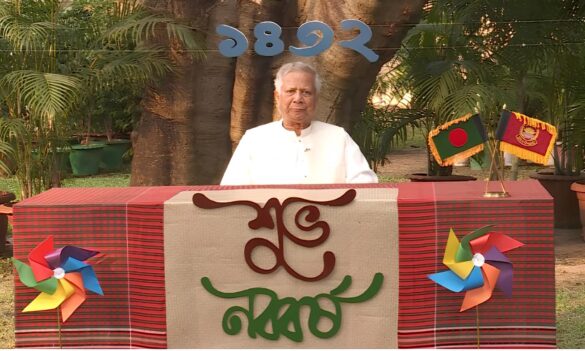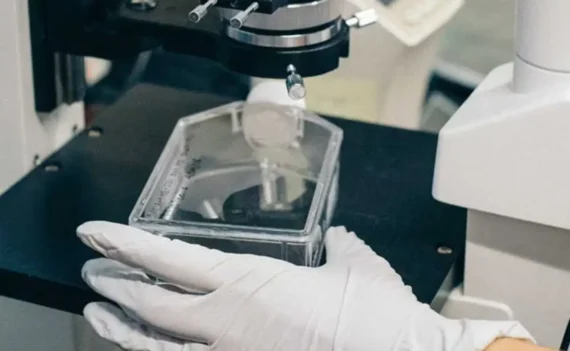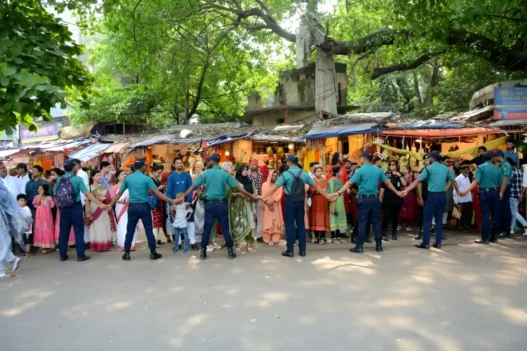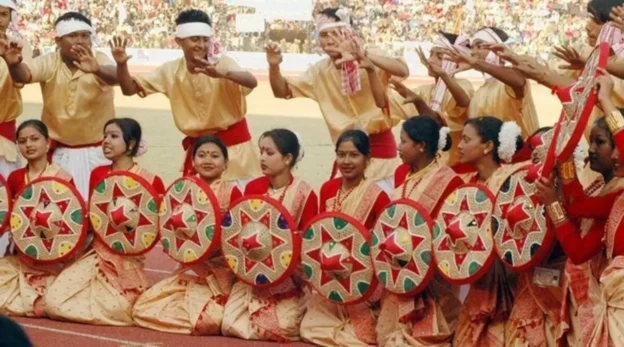HelpAge India, a leading organisation dedicated to the welfare of elderly citizens, has released a national survey report titled “Women & Ageing: Invisible or Empowered?”. On the eve of UN recognised ‘World Elder Abuse Awareness Day’, the report sheds light on the struggles faced by older women in India, who often find themselves marginalised and neglected.
Conducted by Ipsos Research Private Limited, the survey encompasses both rural and urban areas across 20 states, 2 union territories, and 5 metro cities, with a sample size of 7911.
Anupama Datta, Head of Policy & Research at HelpAge India, emphasised the unpreparedness and dependency that older women experience. The report underscores the stark realities faced by these women, including high illiteracy rates, low financial security, lack of awareness regarding redressal mechanisms and beneficial schemes, limited employment opportunities, and inadequate medical coverage, leaving them vulnerable to abuse.
The report reveals a disturbing 16% increase in abuse against older women. Physical violence emerged as the most prevalent form of abuse, affecting 50% of those surveyed, followed by disrespect (46%) and emotional/psychological abuse (40%). Shockingly, sons were identified as the primary perpetrators of abuse (40%), followed by other relatives (31%), extending beyond immediate family circles. Daughter-in-laws accounted for 27% of reported abuse cases.
However, despite enduring abuse, a significant number of older women chose not to report out of fear of retaliation or further abuse which cited as the primary reason (18%), followed by a lack of awareness regarding available resources (16%), and a belief that their concerns would not be taken seriously (13%).
The survey also exposed a lack of awareness among older women regarding redressal mechanisms and government welfare schemes. Approximately 56% of the participants were unaware of the available mechanisms to address abuse, and a staggering 78% had no knowledge of any government welfare schemes. The social status of older women compounds their challenges, with 18% reporting discrimination based on gender and 64% facing social discrimination due to their marital status, particularly, if widowed.
Financial insecurity being another pressing issue, with 53% of older women expressing a lack of financial security. Of those who do feel secure (47%), 79% depend on their children for financial support. Additionally, 66% of older women in India do not possess any assets, and 75% have no savings. The digital divide also persists among older women, as 60% have never used digital devices, and 59% do not own smartphones. However, 13% expressed an interest in enrolling in online skill development programs.
Healthcare challenges are prevalent, with 48% of older women reporting at least one chronic condition. Alarmingly, 64% of older women do not have health insurance.
Despite their age, 67% of older women continue to undertake caregiving roles within their families, while 36% struggle to manage the burden of caregiving. Work environments also present obstacles, as 47% of working older women expressed an unfriendly home environment for work, and 36% faced similar challenges in their workplaces.
According to the survey report, concerns for physical well-being persist, with 43% of older women worried about physical harm. The fear of falling (76%) and weak eyesight (46%) were identified as significant factors contributing to this concern.
Nilondra Tanya, North East Director of HelpAge India, underscored the disadvantage faced by females across social, economic, and educational domains, which profoundly impacts their lives in old age. Despite good intentions, older women often find themselves relegated to secondary roles.
“Females are at social, economic and educational disadvantage from an early age, this impacts their lives in old age in unimaginable ways. They seldom make choices about their lives and despite all the good intent they remain secondary in almost all aspects of life”.- stated Tanya.

